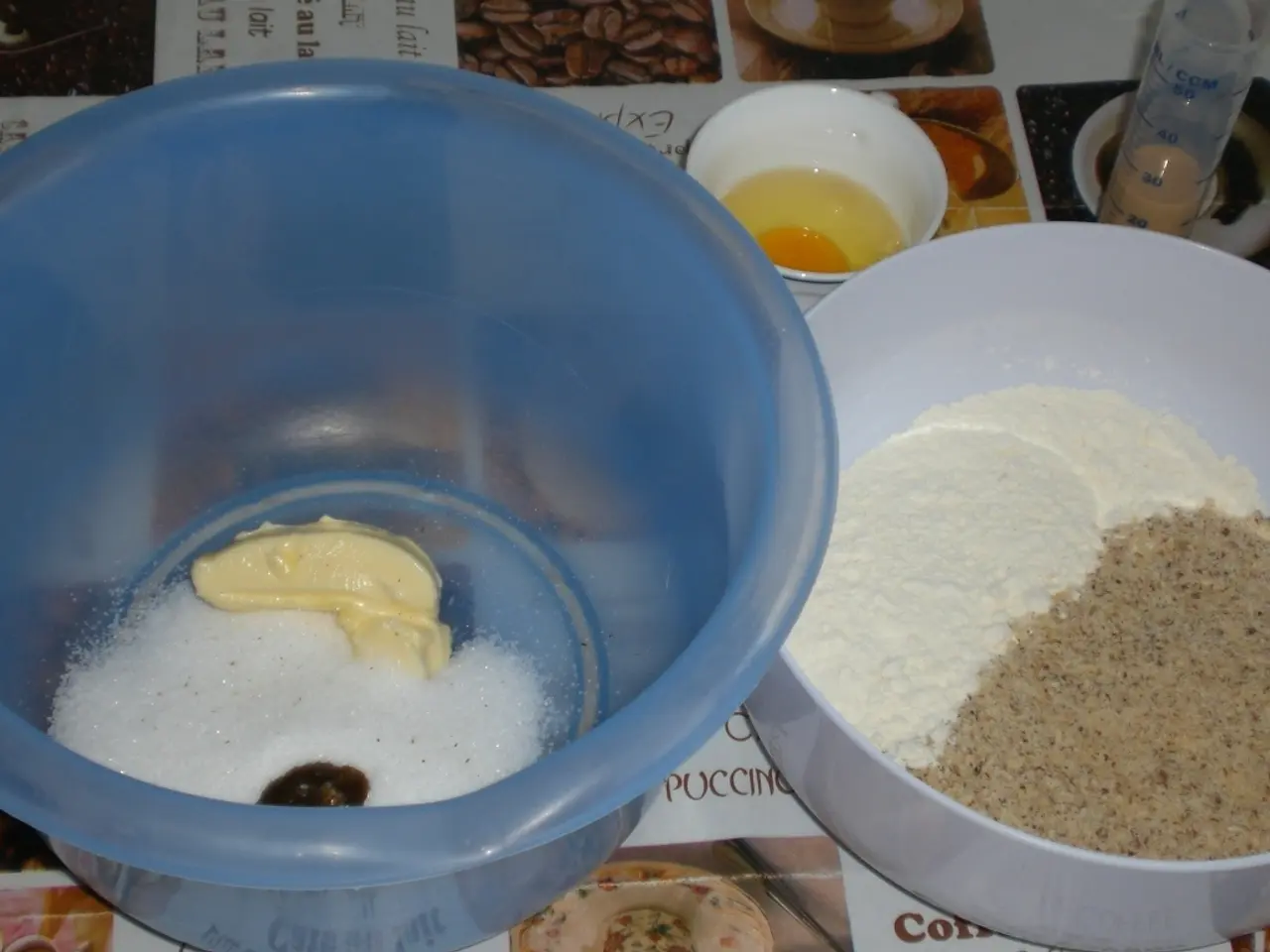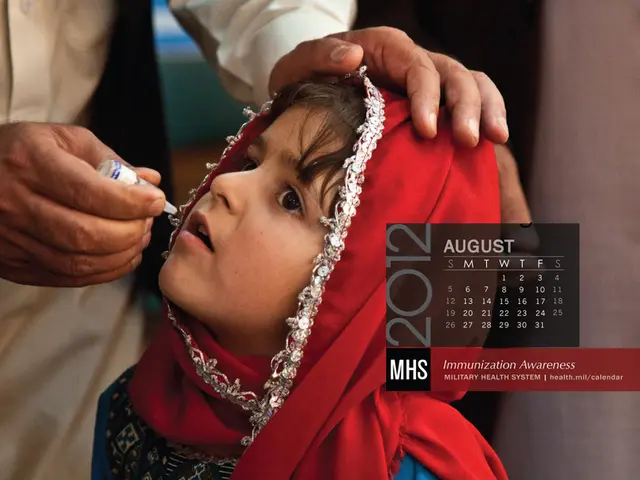Testicle Pain in IBS Patients: Origins, Signs, and Remedies
Irritable Bowel Syndrome (IBS) is a common gastrointestinal disorder, but recent research suggests that it may also have implications for testicular health. Here's what you need to know about the potential link between IBS and testicular pain.
IBS and Testicular Pain: What's the Connection?
Testicular pain may not be a direct symptom of IBS, but it could be a complication. The connection lies in the shared neural and inflammatory pathways between the pelvic region nerves that supply both the bowel and the testes.
- Overlap with Chronic Pelvic Pain Syndrome (CP/CPPS): IBS has been recognized as a comorbid condition with CP/CPPS, a chronic pain condition affecting the pelvic area, including the testicles. CP/CPPS often involves pain in pelvic organs and can manifest as testicular or scrotal pain.
- Nerve Cross-Sensitization: Chronic bowel irritation and inflammation in IBS can sensitize pelvic nerves, which may amplify or refer pain signals to the testes or scrotum, causing testicular pain even in the absence of direct testicular pathology.
- Muscular and Inflammatory Factors: IBS can lead to increased pelvic floor muscle tension or spasms, which can contribute to testicular or pelvic pain. Chronic bowel inflammation or altered bowel motility might indirectly provoke discomfort in adjoining structures, such as the scrotal area.
- Gut Microbiome and Systemic Effects: Alterations in gut microbiota, inflammation, or immune modulation seen in IBS may also influence systemic pain perception or inflammation, possibly exacerbating pelvic pain syndromes involving the testes, but this connection requires further research.
Diagnosis and Treatment
If you experience testicular pain, it's essential to seek a doctor's advice. A doctor may order a urine test, semen test, CT or MRI scan, testicular ultrasound, or other diagnostic tests to determine the cause of the pain.
Treatments for testicular pain may include nonsteroidal anti-inflammatory drugs, pain-relief medications, pelvic floor physical therapy, anticonvulsants, antidepressants, psychotherapy, warming or cooling therapies, antibiotics, or even surgery in some cases.
When to Seek Immediate Medical Attention
If you experience testicular pain accompanied by increased heart rate, fever, chills, severe pain, blood in urine, or a change in scrotum skin colour, seek immediate medical attention. These symptoms could indicate a more serious condition, such as testicular cancer or an abdominal aneurysm.
Outlook
The outlook for people with testicular pain varies depending on its underlying cause. In some cases, the pain may resolve with conservative treatment, while in others, surgery may be necessary. It's crucial to work closely with your healthcare provider to manage your symptoms and maintain your overall health.
- IBS, a common gastrointestinal disorder, could potentially have implications for testicular health.
- The connection between IBS and testicular pain involves shared neural and inflammatory pathways in the pelvic region nerves.
- IBS has been recognized as a comorbid condition with CP/CPPS, a chronic pain condition also affecting the testicles.
- Chronic bowel irritation in IBS can sensitize pelvic nerves, amplifying or referring pain signals to the testes or scrotum.
- Increased pelvic floor muscle tension or spasms due to IBS can contribute to testicular or pelvic pain.
- Gut microbiota alterations, inflammation, or immune modulation in IBS might influence systemic pain perception or inflammation, exacerbating testicular pain syndromes.
- If experiencing testicular pain, it's essential to seek a doctor's advice for a proper diagnosis.
- Diagnostic tests may include urine tests, semen tests, imaging scans, or a testicular ultrasound.
- Treatment options for testicular pain may include NSAIDs, pain-relief medications, pelvic floor physical therapy, anticonvulsants, antidepressants, psychotherapy, thermal therapies, antibiotics, or surgery in severe cases.
- Seek immediate medical attention if testicular pain is accompanied by increased heart rate, fever, chills, severe pain, blood in urine, or a change in scrotum skin color, as these symptoms could indicate a more serious condition.
- The outlook for people with testicular pain varies, and managing symptoms closely with a healthcare provider is crucial for maintaining overall health.
- Chronic diseases such as chronic kidney disease and cancer, respiratory conditions, cardiovascular health issues, and skin conditions also require ongoing monitoring and care for overall health and wellness.
- A healthy lifestyle, including proper nutrition, fitness and exercise, mental health care, skin care, and various therapies and treatments, can help manage chronic diseases while promoting general health and well-being.
- Eye health and hearing should also be kept in check as part of an overall health strategy, emphasizing the holistic approach of fitness-and-exercise, health-and-wellness, and maintaining a balanced digestive, mental, and skin-care regimen.




